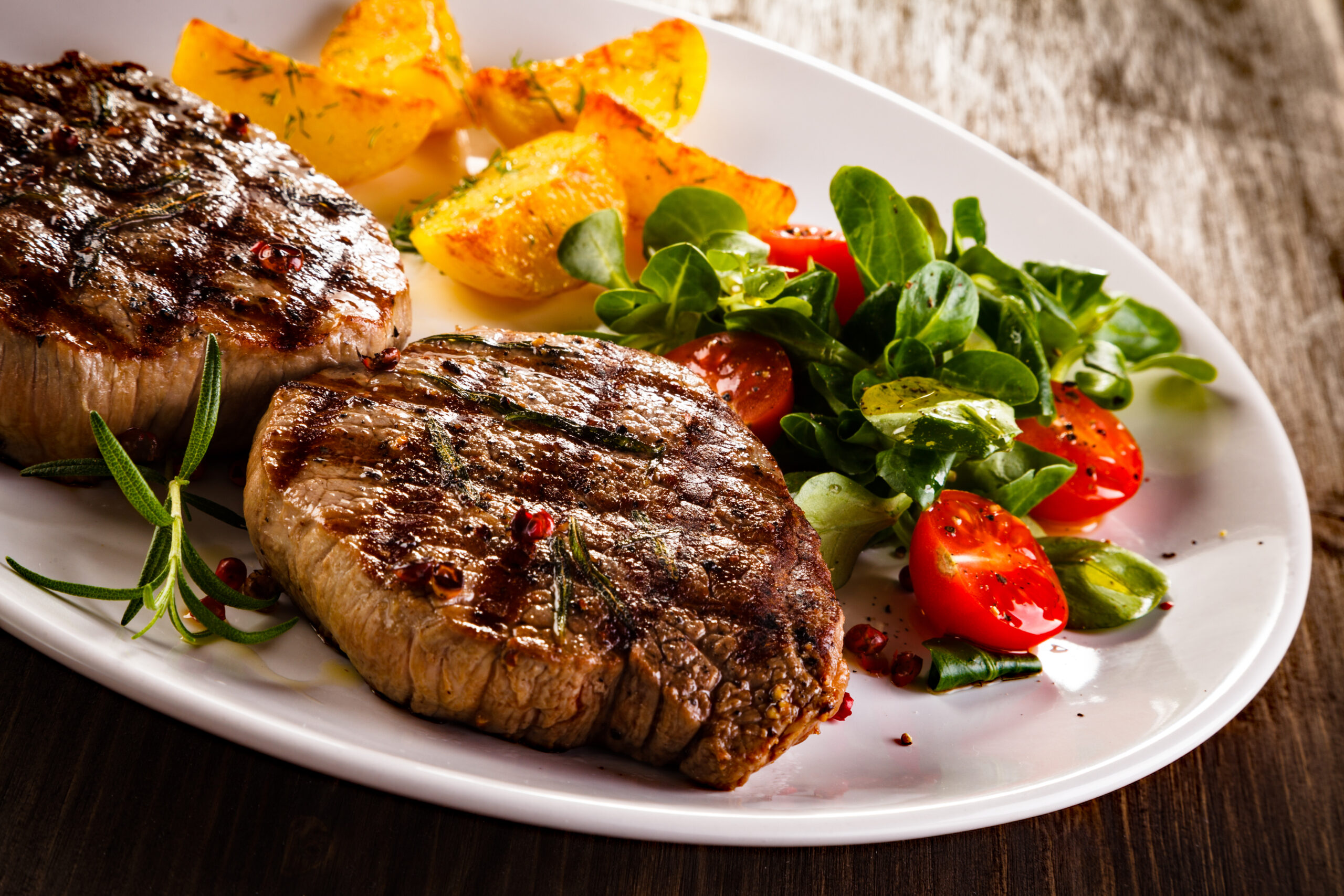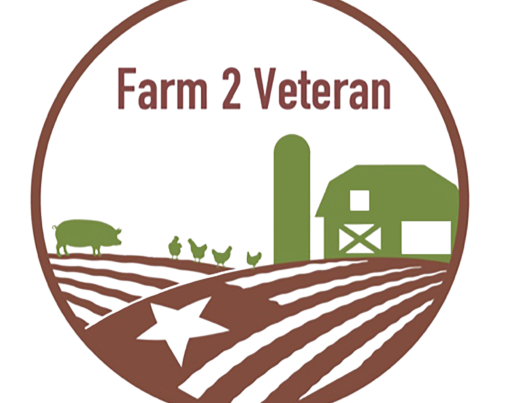 Nutrition: The Important First Step to Healing our Veterans
Nutrition: The Important First Step to Healing our Veterans
“You are what you eat.” This phrase reflects a fundamental truth about nutrition and health. The idea dates back to 1825, when French gastronome Jean Anthelme Brillat-Savarin wrote, “Tell me what you eat, and I will tell you what you are.” While the English phrase gained popularity much later, its meaning remains relevant—yet often overlooked in today’s fast-paced society.
Our bodies are constantly regenerating cells as they repair, heal, and rebuild. With approximately 30 trillion cells in our bodies, each type has a different lifespan—blood cells last a few months, while the gut lining regenerates in less than a week. Every day, around 330 billion cells are replaced, amounting to nearly 30 trillion new cells over 100 days. The raw materials for this regeneration come from what we consume: food, supplements, and beverages.
At Farm2Veteran, our mission is rooted in this simple but powerful principle: what you eat directly affects how you think, feel, and function. A diet rich in nutrient-dense foods fuels the body like a well-oiled machine, promoting mental clarity, emotional stability, and physical health. On the other hand, processed, low-quality foods can lead to sluggishness, inflammation, and poor cellular function.
Mental health challenges, including anxiety and depression, are widespread in the United States. Alarmingly, these conditions affect veterans at even higher rates than the general population. The transition out of military service often exacerbates these struggles, contributing to a heartbreaking statistic: an estimated 22 veterans die by suicide each day, though some experts believe the real number is even higher. Given the known links between nutrition and mental health, we must ask—could better nutrition help improve veterans’ well-being and potentially save lives?
Scientific research supports the connection between diet and mental health. A poor diet increases the risk of chronic illness, which in turn heightens stress and anxiety. Beyond physical health, specific nutrients play a crucial role in brain function. Fruits and vegetables, packed with essential vitamins, minerals, fiber, and antioxidants, help regulate blood sugar, combat oxidative stress, and support neurotransmitter balance. This directly influences mood, energy levels, and overall mental resilience.
Quality protein sources, including meat and eggs also provide critical nutrients such as vitamin B12, omega-3 fatty acids, zinc, choline, iron, and iodine. Harvard-trained nutritional psychiatrist Dr. Georgia Ede explains that “the brain needs meat,” she highlights that meat is “the only food that contains every nutrient we need in its proper form and is also the safest food for our blood sugar and insulin levels.” Deficiencies in zinc, vitamin B12, and choline have been linked to mental health disorders, emphasizing the importance of a well-rounded diet.
The high rates of depression and suicide in the veteran community have complex causes, including trauma, chronic illness, and disabilities. While there is no single solution, the role of nutrition in mental, emotional, and physical health cannot be ignored. A healthy, balanced diet creates a strong foundation for managing stress, anxiety, and depression, offering a tangible step toward healing.
For many veterans, the journey to recovery is long and difficult. At Farm2Veteran, we believe that access to high-quality, nutrient-dense foods is a crucial first step. By providing farm fresh, wholesome meat, eggs, and produce, we empower veterans with the nutritional tools they need to rebuild their health and reclaim their lives.



